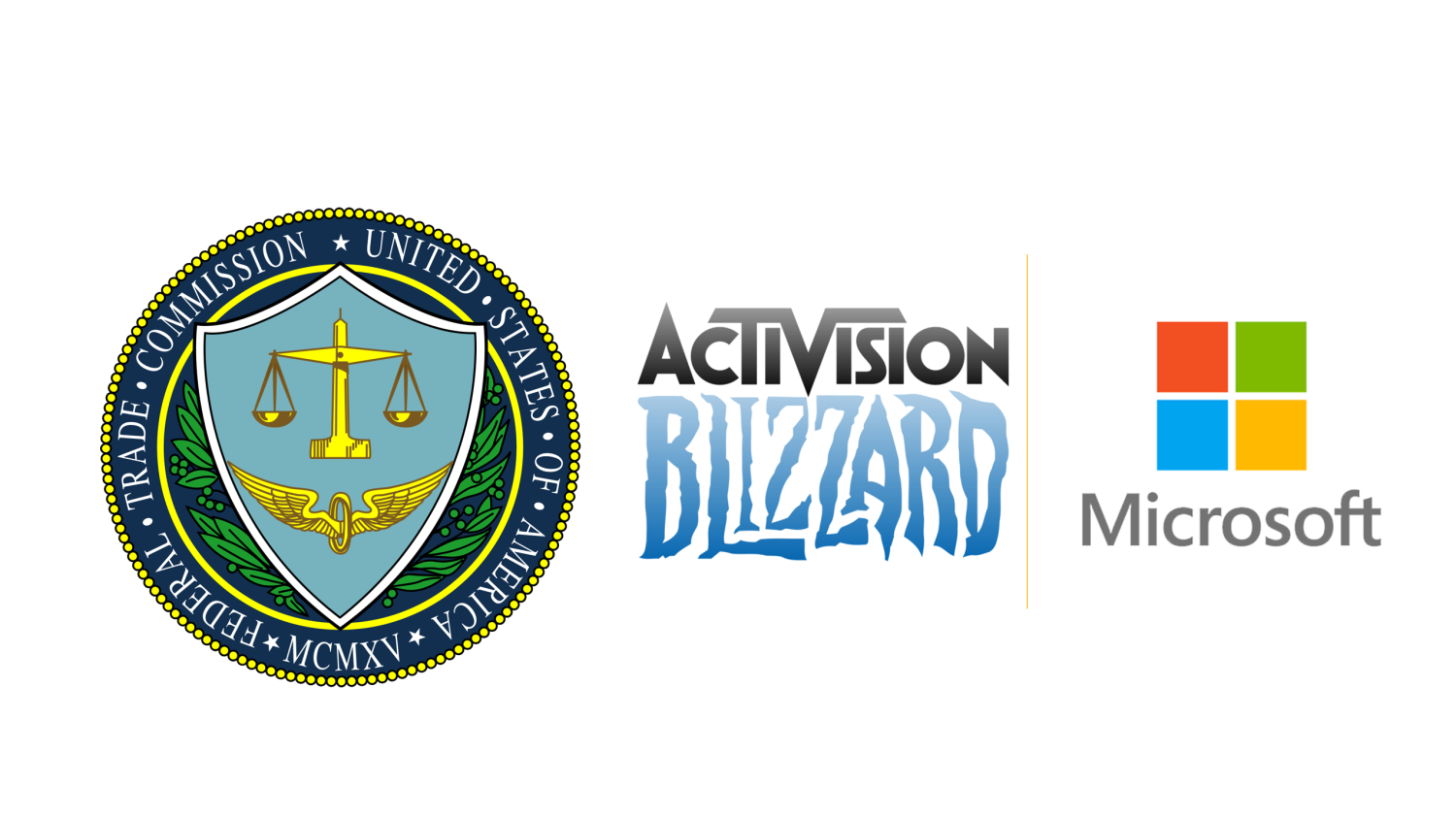We have some interesting developments in the legal world of video games. It appears that the FTC’s administrative law judge, D. Michael Chappell, has ordered Sony Interactive Entertainment to comply with Microsoft’s subpoena for important business documents relating to Microsoft’s defense of the Activision-Blizzard merger. This move comes after Microsoft has been struggling to attain the necessary documents to build their case, and they believe that Sony’s records could help debunk the FTC’s antitrust complaints while also defending itself against any points that the FTC’s Complaint Counsel may make during the administrative court hearing in August.
As a complainant in the case, Sony has been subpoenaed by Microsoft, and they have requested three extensions to gather the documents, which have all been granted by Judge Chappell. However, Sony has argued that Microsoft’s document request is too much, and it would cost up to $2 million to provide the records. Sony then filed a request to cancel some of Microsoft’s requests, but Judge Chappell has largely ruled against Sony’s quash request.

Sony wanted to exclude certain executives from Microsoft’s list of record keepers, but Judge Chappell has denied this request. Sony will need to provide data from agreed-upon custodians or record keepers, which includes Hideaki Nishino, who has direct knowledge of PlayStation console trade secrets, and PlayStation CFO Lin Tao’s records, which are mostly in Japanese.
Remember that Sony will be responsible for providing the documents in a certain amount of time and redact irrelevant information to not give Microsoft access to its trade secrets. Sony must also provide information about its exclusivity agreements made with third-party publishers, which is highly controversial among gamers.
Judge Chappell has granted Sony’s request to limit the range of specific document requests from 2019 to the present, instead of going back to 2012, including contractual deals it had made with third-party publishers alongside many other metrics and performance values. The FTC has also issued a protective order to seal and redact any sensitive information from the public.
It’s a fascinating case that highlights the intricacies of the video game industry and how legal battles can impact its players. We’ll be sure to keep you updated on any further developments in this story.













